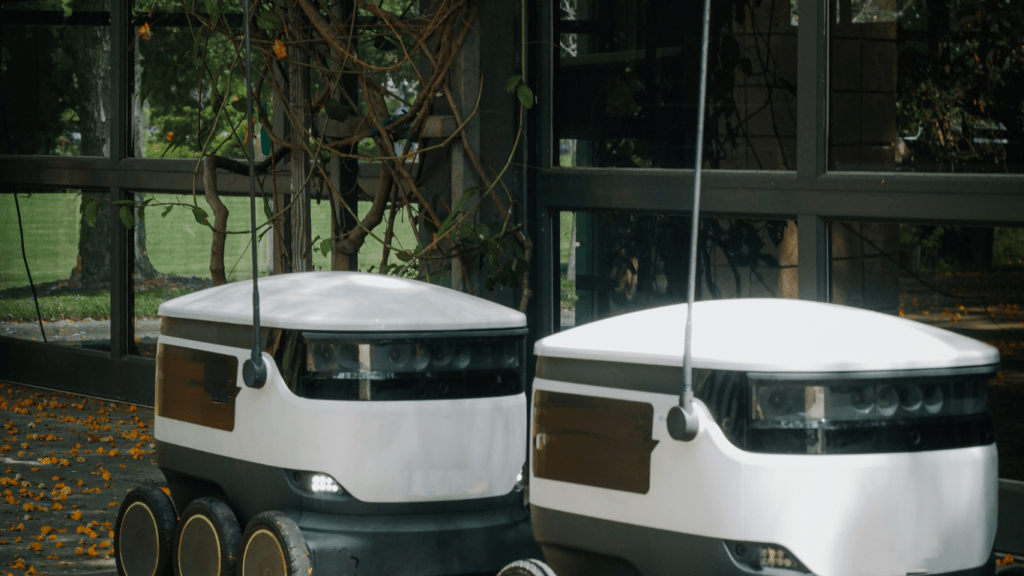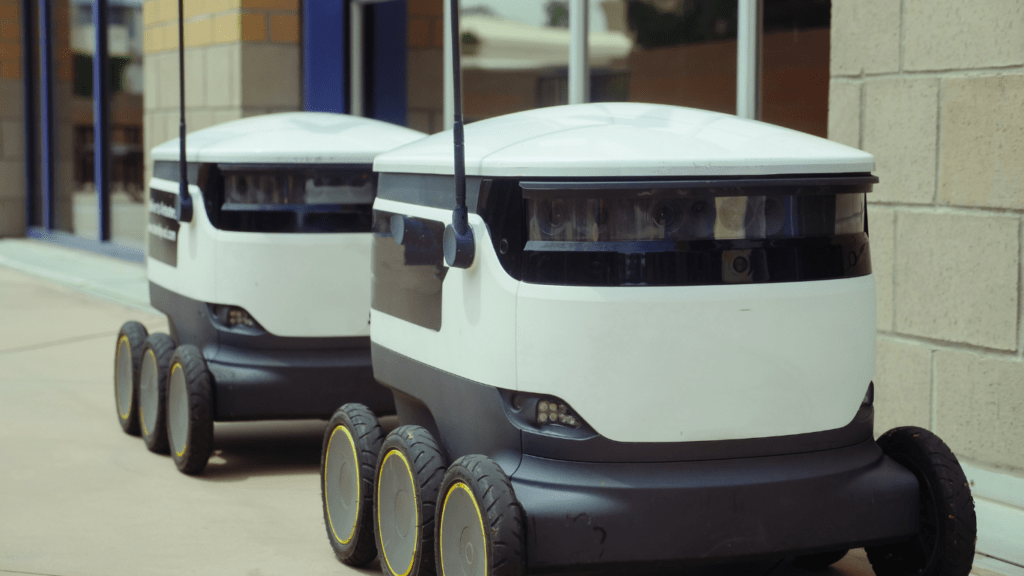As a tech enthusiast, I’ve always been fascinated by the integration of artificial intelligence in various aspects of our lives. One area where AI is making significant strides is in modern vehicles. From self-driving cars to advanced driver-assistance systems, AI is revolutionizing the automotive industry.
Imagine a car that can anticipate road conditions, predict maintenance issues, and even communicate with other vehicles to ensure a seamless driving experience. This is the power of AI in modern vehicles.
In this article, I’ll delve into the role of artificial intelligence in shaping the future of transportation, exploring how AI is enhancing safety, efficiency, and overall driving experience. Let’s embark on a journey into the exciting world where technology meets the open road.
The Evolution of Artificial Intelligence in Vehicles
Artificial intelligence (AI) has undergone remarkable evolution in vehicles, transforming the way we interact with automotive technology. Let’s delve into the advancements in AI integration in vehicles over the years.
Early Implementations and Innovations
In the early stages, AI in vehicles primarily focused on basic functionalities like navigation systems and driver assistance. These rudimentary AI applications laid the groundwork for more sophisticated developments in modern vehicles.
Current State and Advancements
Today, AI plays a pivotal role in vehicles, offering an array of cutting-edge features. From autonomous driving capabilities to intelligent traffic management systems, AI has propelled vehicles into the realm of smart transportation. Continuous advancements in AI algorithms have led to enhanced safety, efficiency, and connectivity in modern vehicles.
Key Applications of AI in Modern Vehicles
Autonomous Driving
Driving technology has made stunning strides with the integration of AI, allowing vehicles to navigate and operate without human intervention. It’s reshaping transportation by offering safer, more efficient driving experiences.
- Enhanced Safety Features
AI serves as a crucial component in modern vehicles, boosting safety by providing real-time analysis of road conditions, potential hazards, and driver behavior. This technology helps in accident prevention and mitigation, fundamentally changing how we approach vehicle safety.
- Predictive Maintenance and Diagnostics
Artificial intelligence enables predictive maintenance in vehicles by analyzing data from various sensors to anticipate potential issues before they occur. This proactive approach ensures optimal performance, reduces downtime, and extends the lifespan of automotive components.
Challenges in Integrating AI into Modern Vehicles
Integrating AI into modern vehicles poses various challenges that need to be addressed for seamless implementation and utilization.
Ethical and Privacy Concerns
Ensuring ethical use of AI in vehicles is crucial to maintain trust among users and address concerns related to data privacy and security. Transparency in data collection and processing methods is essential to mitigate potential ethical issues. Moreover, safeguarding personal information collected by AI systems is paramount to protect the privacy of vehicle owners and occupants.
Technical and Infrastructure Challenges
Overcoming technical challenges, such as compatibility issues with existing vehicle systems and networks, is vital for the successful integration of AI into modern vehicles. Ensuring AI algorithms work effectively in real-time scenarios and adapting to diverse road conditions are key technical hurdles that require innovative solutions. Additionally, developing the necessary infrastructure to support AI-powered functionalities, including adequate computing power and connectivity, is essential for enhancing the performance and reliability of AI-driven features in vehicles.
Future Trends and Predictions in Vehicle AI
In the fast-paced world of automotive technology, developments in AI for Electric Vehicles are shaping the future of transportation. Electric vehicles are increasingly reliant on AI to optimize performance, extend battery life, and enhance overall efficiency. AI algorithms analyze driving patterns, weather conditions, and traffic data to improve energy management and provide a seamless driving experience.
When it comes to vehicle connectivity, AI plays a pivotal role in enabling cars to communicate with each other, infrastructure, and external systems. The integration of AI in vehicle connectivity allows for real-time data sharing, leading to enhanced safety features, predictive maintenance alerts, and customized driving experiences. From enhanced navigation assistance to remote diagnostics, AI is set to redefine the way vehicles interact with their surroundings and provide a more intelligent driving experience.




